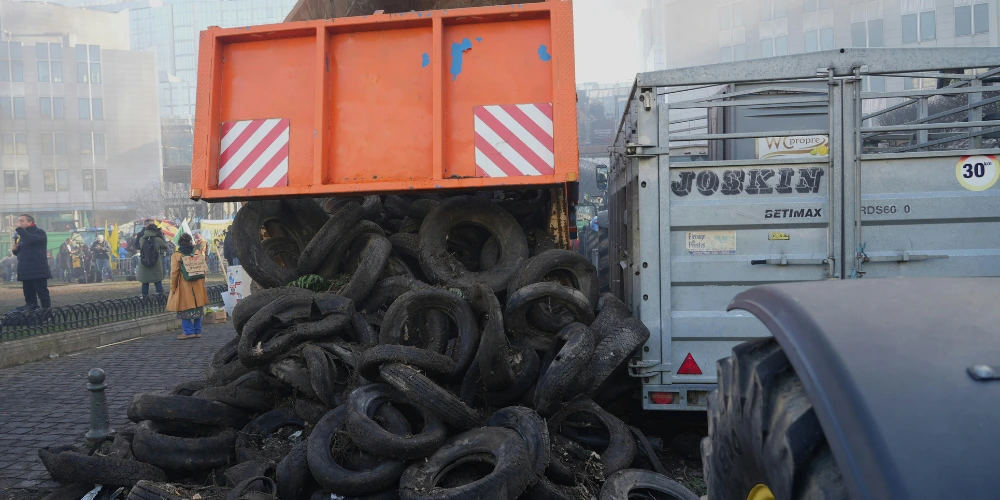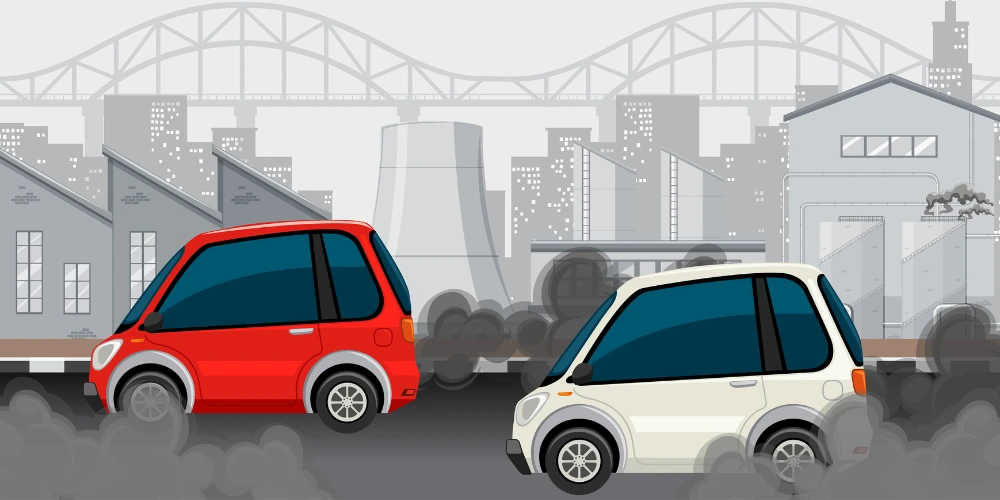Introduction: However, it is crucial to point out that the most important thing when purchasing a preowned automobile is the condition of its engine. Reconditioned engines can work as effectively as new ones, but they are very likely to fail in some aspects because of their age. Knowing these usual mishaps can guide your choices, prevent you from spending for expensive services or fixes, and ensure that your car lasts longer. In this blog, we’ll discuss some of the most common issues that relate to preowned car engines and measures that you can take to ensure your car works efficiently.
Why Understanding Engine's Faults is Important
Knowing the potential issues in preowned engines allows you to address them proactively. Whether you’re experiencing reduced performance or unusual noises, diagnosing engine faults early can prevent more severe damage. Understanding these faults also helps when buying a preowned vehicle, ensuring you get the best value for your investment.
Common Faults in Preowned Car Engines
Here are some of the most frequent issues found in preowned engines and how to address them:
1. Oil Leaks
Oil leaking is a common problem in old engines due to the long-term use of cars. They occur when gaskets, seals, or other components degrade over time. If not taken care of immediately, leaking oil can lead to loss of lubrication, overheating, and engine damage.
Solution: Regularly inspect for oil stains under the car and replace damaged seals or gaskets as needed.
2. Overheating
Overheating is a frequent problem, often caused by a malfunctioning cooling system, such as a failing radiator, thermostat, or water pump. Persistent overheating can lead to severe engine damage, including a blown head gasket or cracked engine block.
Solution: Ensure the cooling system is in good working order and replace faulty components immediately.
3. Timing Belt or Chain Failure
A worn or broken timing belt/chain can cause severe engine damage, including bent valves and damaged pistons. This issue is common in preowned engines that haven’t had regular maintenance.
Solution: Replace the timing belt or chain according to the manufacturer’s recommended schedule to prevent failure.
4. Excessive Exhaust Smoke
Different colors of exhaust smoke may indicate different engine problems:
- Blue Smoke: Burning oil, often due to worn piston rings or valve seals.
- White Smoke: Coolant entering the combustion chamber, possibly from a blown head gasket.
- Black Smoke: A rich fuel mixture, often caused by a faulty fuel injector or air filter.
Solution: Diagnose the source of the smoke and repair or replace the faulty components.
5. Poor Fuel Economy
Preowned engines may experience reduced fuel efficiency due to issues like dirty fuel injectors, faulty oxygen sensors, or clogged air filters.
Solution: Regularly service the engine and replace any worn-out components to maintain optimal fuel economy.
6. Engine Misfires
Misfires occur when one or more cylinders fail to combust the air-fuel mixture properly. This can result from defective spark plugs, ignition coils, or fuel injectors.
Solution: Identify the faulty component using diagnostic tools and replace it to restore smooth engine operation.
7. Low Compression
Low compression in one or more cylinders can lead to a significant loss of power. This issue is often caused by worn piston rings, damaged cylinder walls, or a blown head gasket.
Solution: Conduct a compression test to diagnose the problem and repair or rebuild the affected engine components.
How to Prevent Common Engine Faults
Preventative maintenance is the key to avoiding most engine problems. Here are some tips to keep your preowned engine in top shape:
- Regular Oil Changes: Ensure the engine is well-lubricated to prevent excessive wear and overheating.
- Inspect the Cooling System: Keep the radiator, hoses, and water pump in good condition.
- Replace Worn Parts: Timely replacement of timing belts, spark plugs, and filters can prevent major issues.
- Use Quality Fuel: Poor-quality fuel can damage the engine and reduce performance.
Benefits of Regular Engine Inspections
Periodic inspections can help identify minor issues before they turn into costly repairs. A professional mechanic can perform diagnostic tests, ensuring your preowned engine operates efficiently. Regular inspections also boost the engine’s lifespan, improve fuel economy, and enhance overall vehicle performance.
Frequently Asked Questions
- How can I tell if my preowned car engine has a serious problem?
Look for warning signs such as unusual noises, excessive smoke, reduced performance, or the check engine light. A professional diagnosis can confirm the issue. - Can preowned engines be as reliable as new ones?
Yes, preowned car engines can offer reliable performance for many years with proper maintenance and timely repairs. - How much does it cost to repair common engine faults?
The cost varies depending on the issue. Minor repairs like replacing spark plugs are affordable, while major fixes like rebuilding an engine can be more expensive.
Conclusion
It is important to learn about some of the most typical problems with preowned car engines in order to avoid the need for expensive repairs. These include the early indications that you need to fix something on the car such as oil leaks, overheating and engine misfires. Preowned engine requires routine service and expert checks to ensure it lasts longer and deliver efficient performance.
At Vander Engines, we deal with used engines for automobiles, vehicles and other machinery technology and our products are among the best in the market. Each of the engines we sell is backed up by warranty and can be extended for up to five years from the initial one-year warranty. Visit our store and find out the huge stock we have for you, give your car the power it needs!




